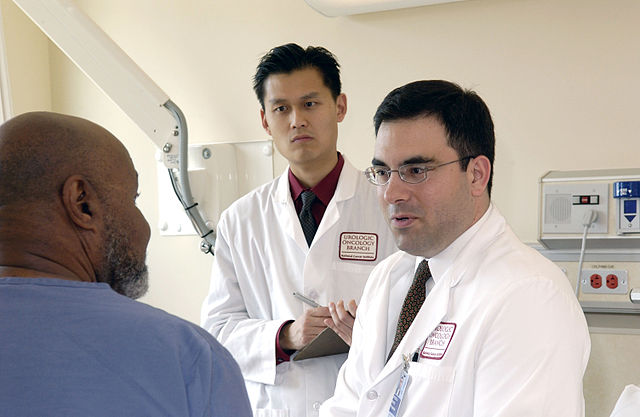Feb 28, 2020
What are the Different Doctor Offices in Japan all About?
If you live in Japan long enough, sooner or later, you will need to see a medical professional for either an ailment, dental cleaning, eye exam, or a checkup. Japan has one of the best healthcare systems in the world in terms of accessibility and affordability. Most hospitals and clinics are non-profit or doctor-owned and operated, and universal health insurance keeps costs in check. With the country consistently ranked one of the healthiest, longest-living in the world, there are sometimes clinics on every corner. But sometimes the hardest part about going to the doctor’s office is figuring out which one to go to— and it’s not just a language barrier issue in many cases.
One does not simply go to a hospital
The first thing you need to do is figure out just what type of doctor you need. In most cases, you’ll start with a general practitioner. These are found in almost every neighborhood in large cities, especially around train stations. Start at these offices when you need medicine to treat a cold, or talk about common problems you encounter. But you may be referred to a specialist for further opinion from there.
Small clinics
The first stop many make when getting sick is to a general practitioner or local clinic. The type of condition they diagnose will determine where you should go next, as most physicians have a sub-specialty. Alternatively, you may be able to go directly to the specialist you require, for example:
- Ear, Nose, Throat (耳鼻科 jibika) – For issues with your sinuses and allergies.
- Orthopedist (整形外科 seikeigeka)– For sprained or twisted joints and broken bones, start here. Not to be confused with the next entry
- Chiropractor (整骨院 seikotsuin)– If you need your back adjusted, posture corrected and neck popped.
- Dentist (歯科院 shikain)– For teeth cleaning and general oral care.
- Orthodontist (矯正歯科医 kyoseshika)– If you need your teeth straightened or braces tightened, this is the place fo you.
- Pediatricians (小児科 shounika)– Where to take babies and toddlers; older children usually see the general practitioner.
- Obstetrician/gynecologist (産婦人科 sanfushinka)– for general women’s concerns and of course, the doctor to see when pregnant.
Types of hospitals and clinics
If you need more specific or longer-term care for a condition, then one of the above doctors will usually refer you to a specialist in a hospital. Large hospitals usually have trauma centers in the event of emergency or transport by ambulance.
- Municipal Hospitals (市民病院 shiminbyouin), Public General Hospitials (公立総合病院 kouritsu sougou byouin)– Hospitals that serve the needs of those living in a city or specific area. These may or may not offer emergency services.
- University Hospitals (大学病院 daigaku byouin)– Usually named after the university they are affiliated with, many training physicians are found here in addition to research facilities.
- Other specific hospitals– these include geriatric, pediatric, pre/post-natal, cancer research, and mental research hospitals.
One more thing…
In Japan, for-profit organizations are not permitted to run hospitals and clinics, hence all Japanese hospitals are non-profit organizations. All administrative decisions are made by physicians and operating committees made up of medical professionals. In addition, all small clinics must be owned and operated by physicians. The costs of most procedures and medicines are determined by a national committee that meets once every 2 years. In simple terms, this means the cost for things like teeth cleaning, eye exams, and doctor visits are the same nationwide, from doctor to doctor. There is a high priority on preventive care so costs are usually cheaper for preemptive treatments rather than their reactionary counterparts. In other words, don’t wait for a toothache to happen when you feel that first twinge of pain.
National Cancer Institute / Public domain


About the author